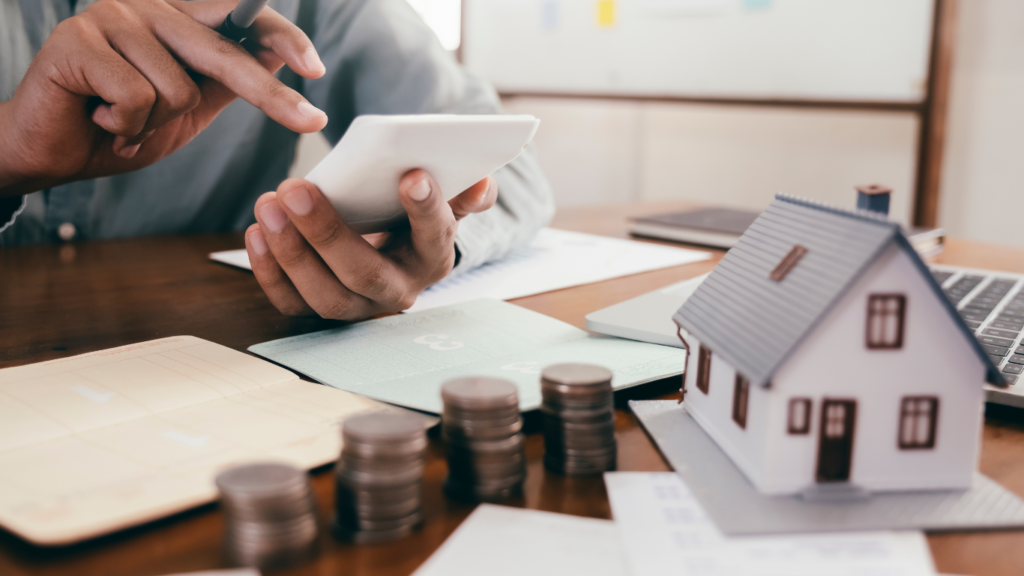Bankruptcy is a legal process that allows individuals or businesses to eliminate or repay their debts under the protection of federal bankruptcy laws. In Virginia, bankruptcy proceedings are governed by federal law, and bankruptcy cases are heard in the United States Bankruptcy Court for the Eastern District of Virginia. In this blog post, we will discuss the bankruptcy process, the types of bankruptcy, its consequences, and how to avoid it in Virginia.
Types of Bankruptcy
There are two main types of bankruptcy available to individuals and businesses in Virginia:
- Chapter 7 Bankruptcy: Also known as “liquidation” bankruptcy, Chapter 7 allows individuals to eliminate most of their unsecured debts, such as credit card debt, medical bills, and personal loans. In exchange, the debtor must give up certain assets that are not exempt from liquidation, such as a second home or expensive jewelry.
- Chapter 13 Bankruptcy: Also known as “reorganization” bankruptcy, Chapter 13 allows individuals with regular income to repay some or all of their debts over a period of three to five years. Debtors can keep their assets, but they must make regular payments to a court-appointed trustee.
Bankruptcy Process
The bankruptcy process begins by filing a petition with the bankruptcy court. In Virginia, individuals must complete a credit counseling course before filing for bankruptcy. Once the petition is filed, an automatic stay goes into effect, which stops creditors from attempting to collect debts. The debtor must attend a meeting of creditors, where a bankruptcy trustee will ask questions about the debtor’s finances. If the bankruptcy is successful, the debtor will receive a discharge of their debts.
Consequences of Bankruptcy
Bankruptcy can have serious consequences on a person’s credit score, making it difficult to obtain credit or loans in the future. Additionally, bankruptcy can affect a person’s ability to rent an apartment, get a job, or obtain insurance.
How to Avoid Bankruptcy
Here are some tips to avoid bankruptcy in Virginia:
- Create a budget: Creating a budget can help you manage your finances and avoid overspending.
- Negotiate with creditors: If you are having trouble making payments, consider negotiating with your creditors to see if they can offer you a payment plan or reduced interest rates.
- Seek credit counseling: Credit counseling services can help you create a debt management plan and provide you with resources to manage your finances.
Helpful Government Links
If you’re considering filing for bankruptcy in Virginia or need information or assistance, here are some helpful government links:
- United States Bankruptcy Court for the Eastern District of Virginia: https://www.vaeb.uscourts.gov/
- Virginia State Bar – Bankruptcy Section: https://www.vsb.org/site/sections/bankruptcy
- U.S. Department of Justice – Bankruptcy Basics: https://www.justice.gov/ust/bankruptcy-basics
Sell Your House Fast for Cash & Avoid Bankruptcy
Filing for bankruptcy can be a scary process, and it’s natural to want to do anything possible to avoid it. If you’re feeling overwhelmed by your debts and worried about the future, selling your home may be the best solution for you. Working with a trusted home buyer can get the peace of mind you deserve and avoid going through bankruptcy. Contact us today to learn more about how we can help you sell your home quickly as-is, without agent fees, and hassle-free!


